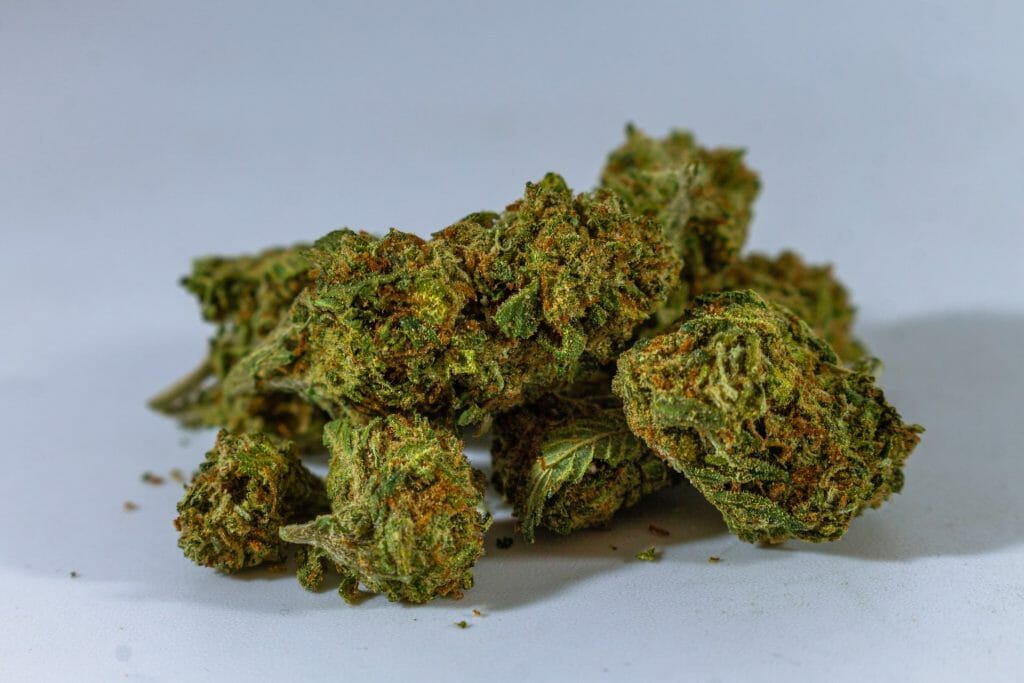The cannabis sector in Canada is rapidly adapting to cater to the needs of health-conscious consumers, with many individuals opting for cannabis products for pain alleviation, muscle recovery, and stress relief. Buy Weed Packs Canada
From renowned athletes to wellness advocates, people are discovering that cannabis can serve as a valuable asset in attaining optimal physical and mental well-being. In this blog post, we will delve into how the cannabis industry is transforming the health and fitness landscape, and how marijuana is increasingly recognized as a method to enhance overall wellness. Stop what you’re doing and read on to discover more about cannabis!
Table of Contents
The Science Behind cannabis and Wellness
How cannabis Works in the Body
Cannabis impacts the body’s endocannabinoid system, a sophisticated network of receptors and neurotransmitters that regulates various physiological functions such as mood, appetite, pain perception, and immune system activity.
Tetrahydrocannabinol (THC) and cannabidiol (CBD) are the two primary compounds in cannabis that interact with the endocannabinoid system. THC is responsible for cannabis’ psychoactive effects, while CBD is non-psychoactive and has demonstrated potential medicinal benefits.
When cannabis is consumed, THC and other cannabinoids bind to cannabinoid receptors located primarily in the brain, nervous system, and immune system. This interaction can lead to a range of effects, including euphoria, altered time perception, increased appetite, and mood fluctuations.
CBD may benefit various conditions, such as chronic pain, anxiety, and epilepsy, by engaging with other receptors in the body that play a role in pain regulation and inflammation, rather than directly binding to cannabinoid receptors.
Effects of cannabis Near Me on Wellness and Fitness
While further research is necessary in the field of cannabis, several sources have reported encouraging findings. Here are a few highlights:
Pain Management
Cannabis has been found to offer potential benefits for pain management in many patients suffering from chronic pain or injuries. Individuals with chronic pain who utilized cannabis reported significant reductions in overall discomfort.
Muscle Recovery
The application of cannabis may facilitate muscle recovery post-exercise. Research published in the International Journal of Physical Education, Sports and Health indicated that athletes who trained and consumed CBD after workouts experienced quicker recovery times and significantly less muscle soreness at 24, 48, and 96 hours post-exercise.
Stress Relief
Recent studies suggest that cannabinoids may be effective in treating PTSD. One study indicated that cannabis use could reduce activity in the amygdala, which is responsible for fear responses to perceived threats.
Additionally, another study found that the cannabinoids in the plant may aid in extinguishing traumatic memories. These effects have therapeutic implications for individuals coping with PTSD, according to recent research.
Cannabis and Physical Wellness
The active compounds in cannabis, known as cannabinoids, interact with the body’s endocannabinoid system, which regulates pain, inflammation, and immune responses.
Cannabis has been shown to effectively alleviate neuropathy, cancer, and multiple sclerosis-related pain. THC engages the same receptors in the brain that are involved in pain regulation, leading to pain relief.
Cannabis and Mental Wellness
The cannabinoids interact with the body’s endocannabinoid system, which governs mood, anxiety, and stress. Research has indicated that cannabis can effectively mitigate anxiety and stress symptoms.
THC activates specific brain receptors that manage anxiety and stress responses, producing a calming effect. Moreover, CBD has also been recognized for its potential anti-anxiety properties.
Many individuals utilize cannabis to unwind after a demanding day or to improve their sleep quality at night. Cannabis can impart sedative effects, which may benefit those struggling with sleep disturbances related to stress or anxiety.
Examples of Meditation Practices that Incorporate cannabis Use
It’s essential to understand that utilizing cannabis before or during meditation may yield various effects on the body and mind and may not be suitable or safe for everyone.
Here are some meditation practices that individuals might integrate cannabis use into:
Mindfulness Meditation
Many find that cannabis enhances their ability to relax and focus, which is beneficial for mindfulness meditation. Some also report heightened awareness of bodily sensations and emotions, crucial aspects of mindfulness meditation.
Guided Meditation
Certain guided meditations are specifically crafted to be paired with cannabis. These meditations often incorporate music or soundscapes that complement the effects of cannabis, helping users feel more relaxed and focused.
Yoga Nidra
Yoga nidra is a type of guided meditation frequently utilized for relaxation and stress relief. Some individuals believe that cannabis enhances the yoga nidra experience by promoting relaxation and presence.
Transcendental Meditation
This form of meditation involves repeating a mantra to quiet the mind and achieve deep relaxation. Some practitioners find that cannabis aids in entering this state more effortlessly and maintaining focus on their mantra.
Conclusion
Cannabis is swiftly transforming the health and fitness sector, as more individuals are exploring its potential health advantages. Numerous cannabis retailers are accessible online, where knowledgeable staff can address inquiries regarding all products. Ensure you are at least 18 years old before visiting a cannabis store.
Although cannabis has historically been linked to recreational use, its potency and potential for addressing a variety of health conditions are increasingly well-documented. From pain management to anxiety alleviation, cannabis holds the potential to help individuals lead healthier, more active lives.




